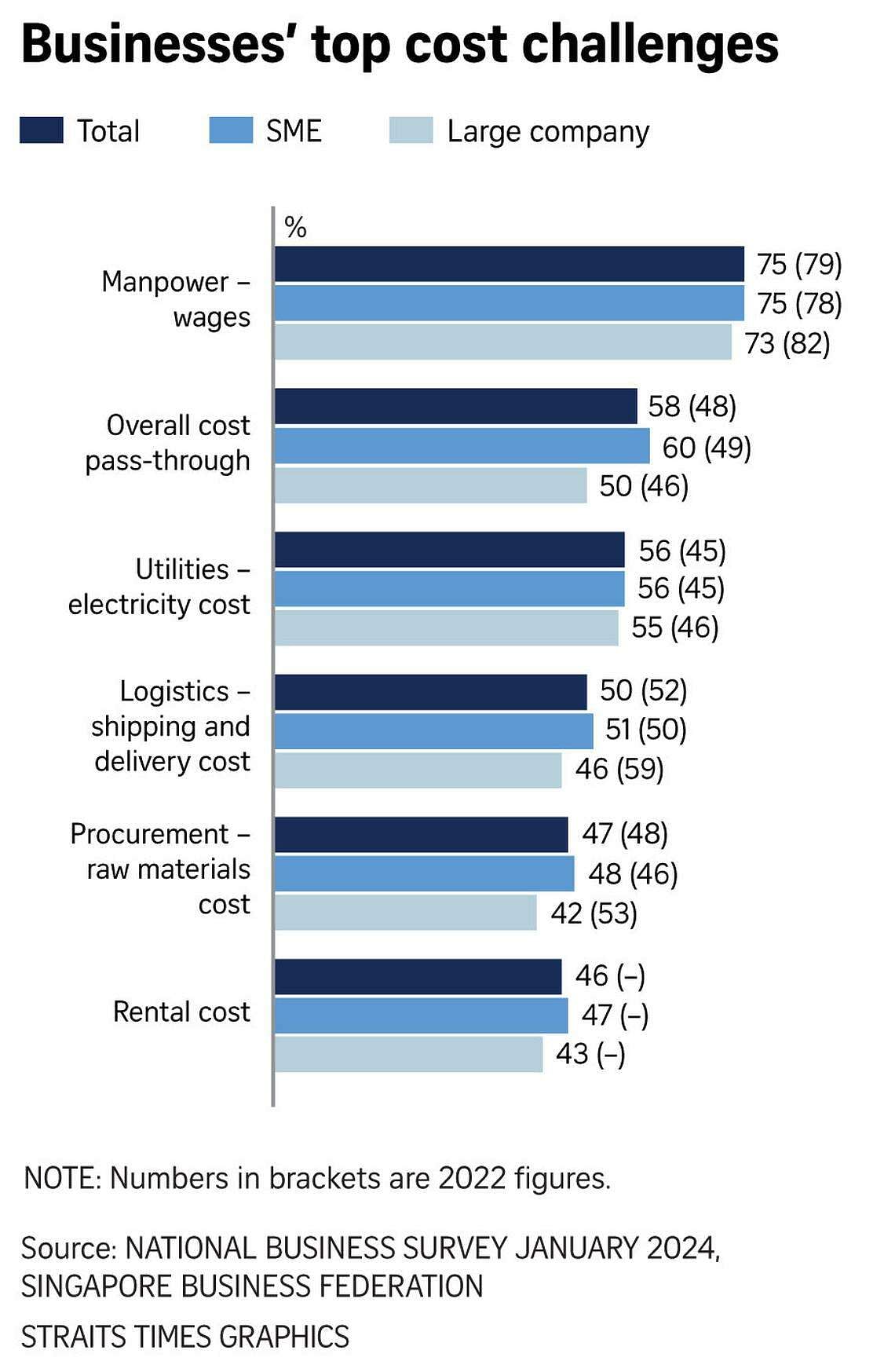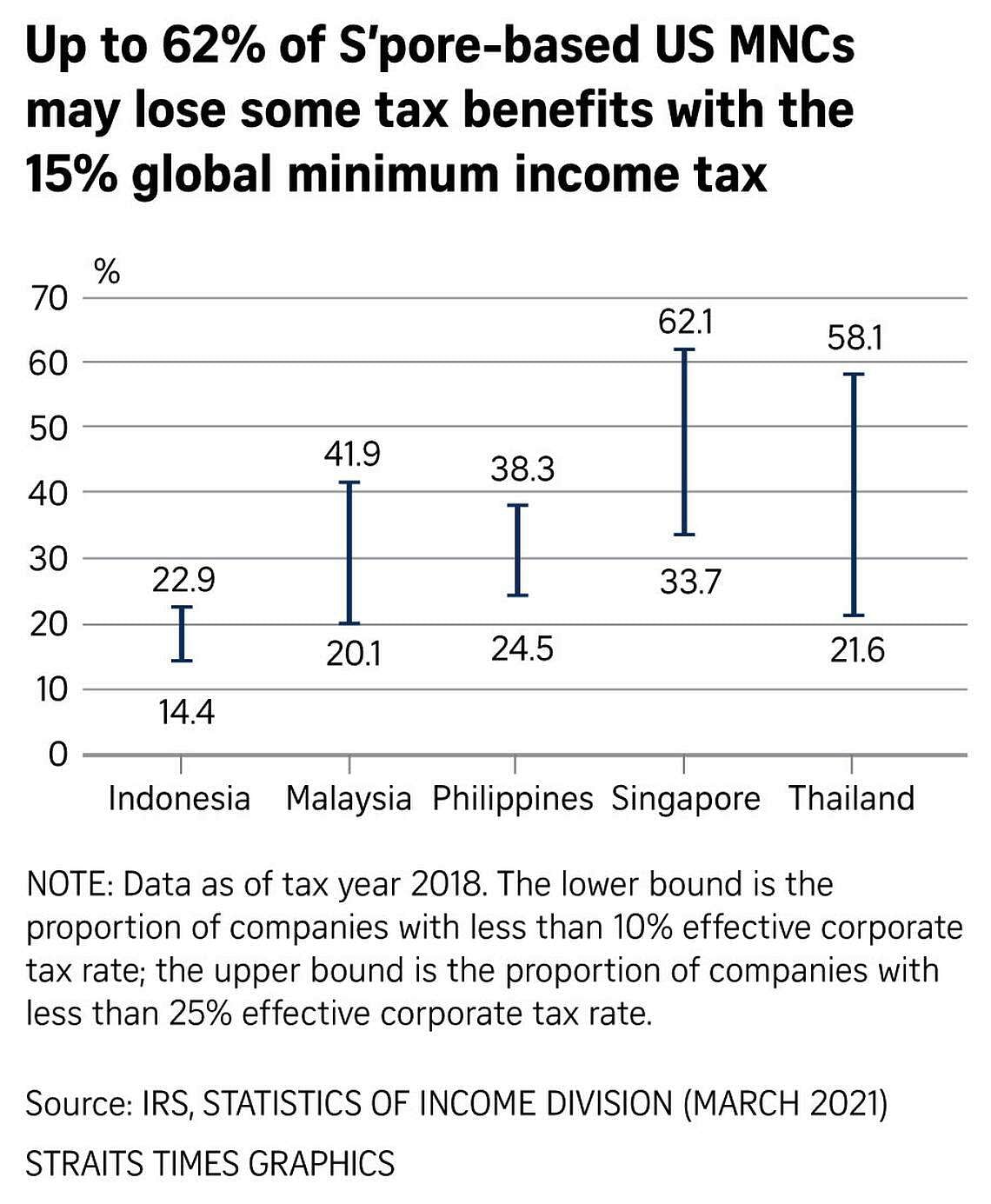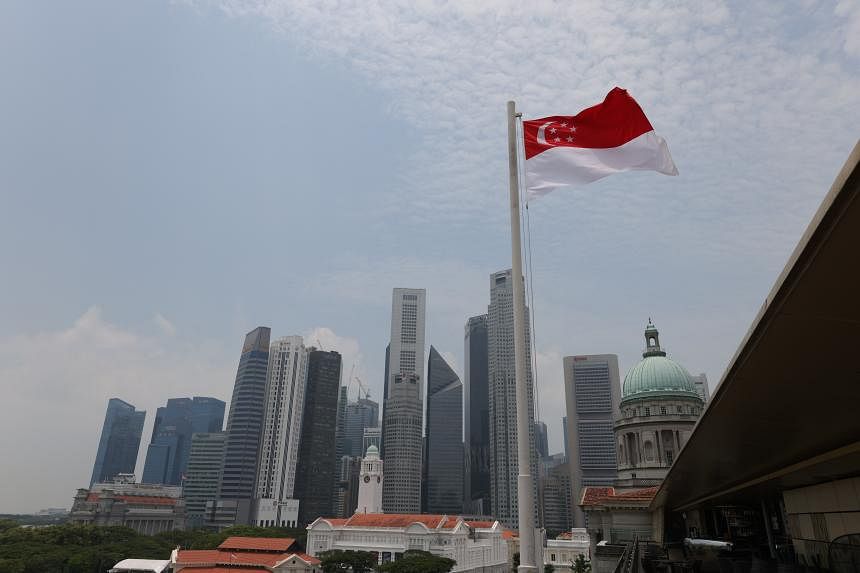SINGAPORE - With geopolitical tensions, trade disruptions and global interest rate volatility likely to persist this year, businesses, workers and families in Singapore hope that Budget 2024 will bring more support in helping them manage challenges such as inflation, harder access to funds and job uncertainties, on top of other difficulties.
From tax cuts to green energy transition support to skills development initiatives, businesses – big and small – are hoping for a Singapore Budget that not only addresses their cost and manpower concerns but also lays the groundwork for long-term competitiveness.
Workers, particularly those who are not permanently employed and are more susceptible to wage volatility, such as platform workers and young seniors, are counting on measures that will give them greater job security amid a recent spate of retrenchments.
Families, too, are calling for help to cushion the blow of higher living costs. Larger households with sole breadwinners, for example, say they are under increasing pressure.
Maybank economist Chua Hak Bin said a key pillar of this year’s Budget will be longer-term policies and recommendations that will shed light on Deputy Prime Minister and Finance Minister Lawrence Wong’s vision and priorities as Singapore’s next leader.
Ahead of this year’s Budget, which will be delivered by DPM Wong in Parliament at 3.30pm on Feb 16, Insight looks at the challenges facing businesses, workers and families, as well as their Budget 2024 wish lists:
Businesses call for more manpower, funding and tax support
Mr Chua expects Budget 2024 to unveil additional measures to help businesses, including start-ups, small and medium-sized enterprises (SMEs) and larger listed or multinational corporations (MNCs), cope with rising business costs.
The Government may expand on past initiatives such as the Temporary Bridging Loan Programme, the SME Working Capital Loan, income tax rebates and the deferment of income tax payments, said Mr Chua.
He added that transitional support to help firms cope with wage adjustments could also be on the cards. This includes enhancements to the Progressive Wage Credit Scheme or a reintroduction of the Wage Credit Scheme to broaden co-funding coverage, he said.
To boost competitiveness, more financial support for businesses may be offered to encourage investments in digital infrastructure, artificial intelligence, internationalisation as well as environmental, social and governance goals.

For Singapore’s growing ecosystem of 4,800 technology start-ups, help in accessing the funds they need to operate and grow will be needed.
For these young companies in the early stages of growth, getting a bank loan can be difficult, especially for early-stage start-ups with no track record or collateral. Even if a start-up can get a loan, the interest rates can be prohibitively high.
This, coupled with the increasing scrutiny by investors on short-term profitability, limits their ability to take a long-term view, said Ms Lim Kexin, a partner specialising in entrepreneurial and private business and tax at PwC Singapore.
“Many start-ups are caught in a tussle between pursuing immediate short-term returns, managing operating cost pressures and dedicating time needed to fully develop their emerging business models and technologies,” Ms Lim said.
To help these young companies get off the ground, Singapore should go beyond short-term grants or dollar-to-dollar government matching for fund raising, she said.
For SMEs, high costs coupled with negative business sentiments are some of the main concerns.
There are around 300,000 SMEs in Singapore, which contribute nearly half of its gross domestic product and employ about 70 per cent of the total workforce.
“If there are measures to help these companies actively manage cost increases in core factors of production like rental, manpower, electricity, it would really help this year,” said Mr Ang Yuit, president of the Association of Small and Medium Enterprises (ASME).
SMEs in sectors ranging from healthcare and retail to construction and manufacturing are also concerned about digitalisation and sustainability.
In the process of digitalisation and transformation, many SMEs continue to face in-house talent shortage on skill sets that are required to support the process.
ASME recommended a top-up in the SkillsFuture Enterprise Credit for SMEs to invest in the transformation of their businesses and the skills of their employees.
It also suggested incentives to encourage larger companies to partner SMEs.
The Government can also help businesses through workforce transformation to upskill or pivot to key growth sectors such as advanced manufacturing, logistics, air transport and aviation, said Mr Chai Wai Fook, partner of tax services at Ernst & Young Solutions.
Measures can also be explored to encourage Singaporeans to upgrade their skills and pivot to key growth sectors, he said.
More support should be considered to ease the labour crunch in roles that are critical to business operations but often shunned by locals, he added.
SMEs also play a critical role in the global supply chain and can have considerable influence over carbon emissions across their value chains, but most said they lack the expertise on sustainability issues and do not know where and how to start.
The Government tends to focus on larger energy projects, inadvertently sidelining SMEs which face limited resources and competitive pricing, said Dr Hsien-Hsien Lei, chief executive officer of the American Chamber of Commerce (AmCham) in Singapore, which has over 7,000 members from about 670 companies.
“In this light, AmCham welcomes and encourages the expansion of energy conservation programmes to encompass a broader spectrum of opportunities, thereby enabling more inclusive participation of SMEs in sustainability initiatives,” Dr Lei said.
The Government can support SMEs to invest in carbon pricing and modelling solutions as well as projects such as value-chain emissions management and decarbonisation. Measures can include further deductions on expenditure incurred, or co-funding, Mr Chai added.

MNCs are also hoping for greater clarity ahead of changes to tax laws under a new global set of rules to address base erosion and profit shifting, commonly known as BEPS 2.0, by the Organisation for Economic Cooperation and Development.
When this happens in 2025, a domestic top-up tax will be implemented to top up the effective tax rate in Singapore to 15 per cent.
Currently, while Singapore’s corporate tax rate is 17 per cent, many MNCs benefit from tax incentives and pay much lower taxes than the upcoming 15 per cent.
As tax measures and policies have been critical enablers in attracting foreign investments here to support economic objectives, potential changes will have implications on the nation’s next lap of growth.
MNCs hope this year’s Budget will broaden the scope of incentives for them to invest and grow in Singapore when BEPS 2.0 is in effect.
Other jurisdictions have already unveiled changes. For instance, the Board of Investment of Thailand introduced a relief measure in May 2023 to mitigate potential impact from the new global tax regime.
The MNCs shared that heightened global tensions require them to be more agile, prompting some to cut costs, shrink their staff count and adopt other short-term measures to stay competitive.
Despite the need to retrench some workers, the companies also noted a shortage of local talent in some areas.
AmCham’s 2023 Manpower Survey Report revealed almost half of the respondents said the lack of technical skills or knowledge was a key challenge in hiring Singaporeans at both entry and mid to senior levels, which resulted in companies hiring foreign talent.
Companies shared that it was difficult to recruit Singaporeans for management positions in tech and operations.
“AmCham (thus) welcomes schemes such as a longer-duration Employment Pass for tech professionals with skills in shortage as a way to fill the skills gap while facilitating skills transfer and capacity building for local talent, particularly for industries such as advanced manufacturing and technology,” Dr Lei said.


